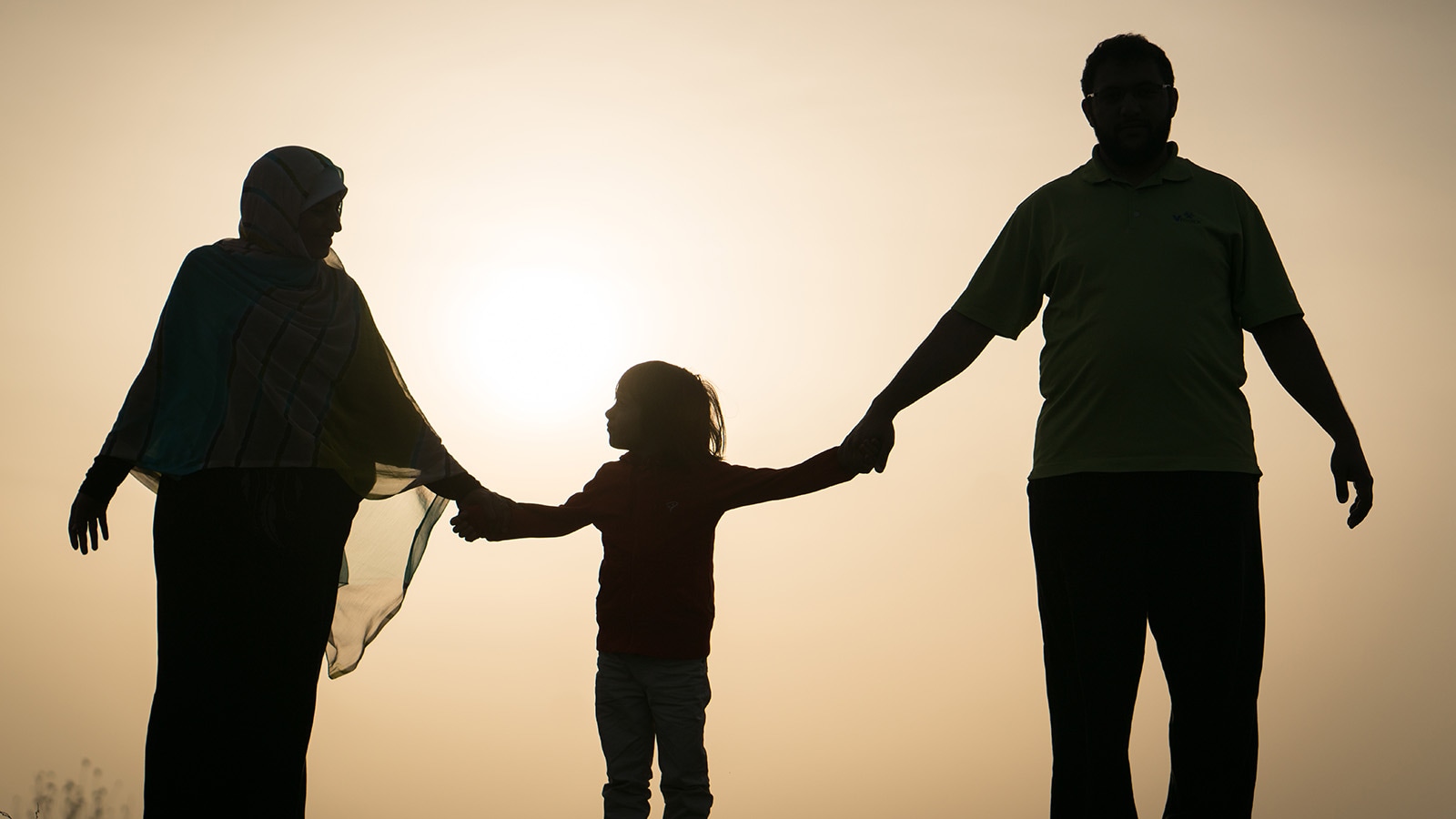Malta Budget 2025
Social Measures

Cost of Living
The cost of living adjustment for 2025 amounts to €5.24 per week with students’ stipends increasing pro-rata. This adjustment will be granted in full to pensioners and people receiving social benefits.
The minimum wage will increase by €8.24 per week.

Pensions
- Occupational Pensions
- Pensions
- Pensioners who were born before 1962
- Additional increase in widows' pensions
- Adjustment of the cost of living bonus
- Improvements for service pensioners
- Bonus enhancement for those who do not qualify for a pension
- Sustainability of pensions
Occupational Pensions
Every new employee will have the opportunity to invest in an occupational pension plan without the employer having an obligation to contribute to such a plan. Such occupational pensions will enjoy the same fiscal incentives that are applicable today.
With respect to Government employees, the Government will contribute directly as an employer by paying as much as the individual contributes up to a maximum of €100 per month.

Pensions
Pensioners will receive another increase of €8 per week, which includes the cost of living increase.

Pensioners who were born before 1962
To further narrow the gap in the Maximum Pensionable Income between individuals born before 1962 and those born in or after 1962, there will be an additional pension adjustment for those born before 1962.

Additional increase in widows' pensions
Widowed pensioners will benefit from an additional pension increase with the aim that by 2027, they will be receiving the full pension which their spouse would have received had they survived. The additional increase will cover a weekly average of around €3, over and above the general increase of €8 per week.

Adjustment of the cost of living bonus
The adjustment of the bonus rates will continue throughout the following two years, until the process ends in 2027, with every pensioner being entitled to the highest rate of €21.53 per week.

Improvements for service pensioners
Similar to previous years, the portion of any service pension which is not to be reduced from the social security pension will be increased by a further €200, reaching the sum of €3,666.

Bonus enhancement for those who do not qualify for a pension
Persons who have reached retirement age but who do not qualify for a pension (since they lack sufficient social security contributions), shall continue to receive a bonus which will now be worked according to the actual number of contributions that have been paid. These will vary from €550 for those who have paid up to a year of contributions and €1,000 for those who have paid up to 9 years of contributions.

Sustainability of pensions
The amount of years of contributions that a person requires in order to get the full pension, will be increased by a year. This means that the stipulated period of social security contributions, paid or credited, for those born on or after 1976, would be of 42 years rather than 41. The retirement age and the social security contribution rate will not increase.

Other social measures
Increase in Childrens’ allowance
Increase of €250 per child in childrens’ allowance, irrespective of family earnings.
Additionally, a new measure will be introduced to help families qualify for better childrens’ allowance rates. This will be achieved by calculating the allowance rate while disregarding both the social security contributions and the income tax paid by the parents.
The new measure introduced for childrens’ allowance will also be introduced for the in-work benefit.



Special allowance for those who continue their education after the compulsory age
Parents having children living with them and who continue to study full time (after the compulsory age) will continue to be eligible for a Special Allowance, amounting to €500 per year for three years.
Bonus for newborns and adoption of children
From next year, families will be receiving an increased one time bonus of €1,500 for their third child and onwards.
Increase in grant to people getting married
The grant that both spouses receive when they join in marriage or civil union, will increase by almost €170 to €500.
Self-employed prospective parents undergoing IVF treatment
The current additional 100 hours of paid leave for every cycle of treatment will be extended to self-employed people by being entitled to a benefit payment equivalent to the same hours.
Increase of paternity leave for self-employed individuals
Self employed persons will be entitled to a payment equivalent to 10 days (or 80 hours) of leave at the same rate as the maternity leave that is given to a self-employed woman when she gives birth, which rate is based on the National Minimum Wage.
Increase in allowance for fostering
Increase of €10 per week to a total €120 per week or €6,240 per year for each child.




Families and persons with low or medium income
Low or middle-income families are entitled to additional payments to assist with rising prices. Each family will receive between €100 and €1,500 per year. The payment will be divided into two installments, with the first payment made in December and the second payment in the middle of next year.
Supplementary Allowance
The maximum rate paid to couples will increase by €190 to €1,289 per year, while the rate for single individuals will increase by €69 to €667 per year. Additionally, the income limit for couples will be increased to €18,000 per year.
Revision of the amount of capital assets for non-contributory assistance
The capital assets test for eligibility for various social assistance programs will be increased next year. The limit for couples will rise from €23,300 to €26,000, and for single individuals, it will increase from €14,000 to €16,000.
Reform to Social Assistance
A new benefit, Medical Social Assistance, will be introduced for those with medical conditions preventing them from working. Families will receive an additional €5 per week per member, along with the full cost-of-living increase.
Widening of income limits to qualify for medical assistance
The income limits for eligibility for Medical Assistance will be increased by €416 per year to help more low-income families.
Extension to eligibility for free medicine
Starting 1 January 2025, individuals aged 75 and over who receive Supplementary Assistance will automatically qualify for free medicines without a means test.




Credits for those overcoming drug addiction and entering the workforce
Upon successfully completing rehabilitation and securing stable employment, persons who overcome drug addiction, will qualify for two years of credited social security contributions.
Compensation for people with disabilities when they retire from work
Increase in pensions for people with disabilities when they retire so as to compensate for the loss of disability assistance. The adjustment will ensure their pension is at least the National Minimum Wage, with an increase of no less than 10% of their previous assistance.
Increases in Assistance for Persons with Disabilities and for Carers
The aid for people with disabilities has increased in line with the minimum wage increase. In addition to this:
the increased assistance for people with severe disability was raised by €7.42 per week;
the assistance for people with disability/ severe disability increased by €3.49 per week;
the increased assistance/ assistance for carers was raised by €5.24 per week.
A new measure is being introduced for individuals caring for two family members with high or medium dependence. These caregivers will now be entitled to one and a half times the benefit rate, rather than just a single rate of the Increased Carer's Allowance or the Carer's Allowance.



Increase in the allowance for disabled children
The allowance given to families with children suffering from a physical or mental disability will be increased by another €5 per week.
Further improvements in the Carers’ Grant to families with disabled children
Next year, the eligibility of the Carers’ Grant will be widened and will also increase again to half of the net National Minimum Wage. Those qualifying for this benefit, will also be granted credited contributions.
Help for parents of disabled children on expenses of therapies
The tax credit given to parents of children with disabilities to help them with the expenses they incur on specialised therapies for their children, will increase from €500 to €750.
Active ageing
The grant for individuals aged 75-79 who live in their own home or a residential home for which they pay out of pocket will increase from €50 to €350. Additionally, the Carer at Home Scheme will increase by €500 to a total of €8,500 per year.
Support to the voluntary sector
€25 million will be allocated to more than 50 public social partnerships
A one-stop-shop will be opened in the south of Malta, serving as the first training, resource, and research center for the voluntary sector.
A volunteering project will be launched, allowing anyone, including professionals, to contribute free hours of volunteering.
Enterprises that donate to voluntary organisations in social, environmental, and animal protection sectors will be rewarded with a tax credit of up to €500.
Social and affordable accommodation
The maximum annual income amount for rent subsidy will be increased by €1,000 across all categories.










